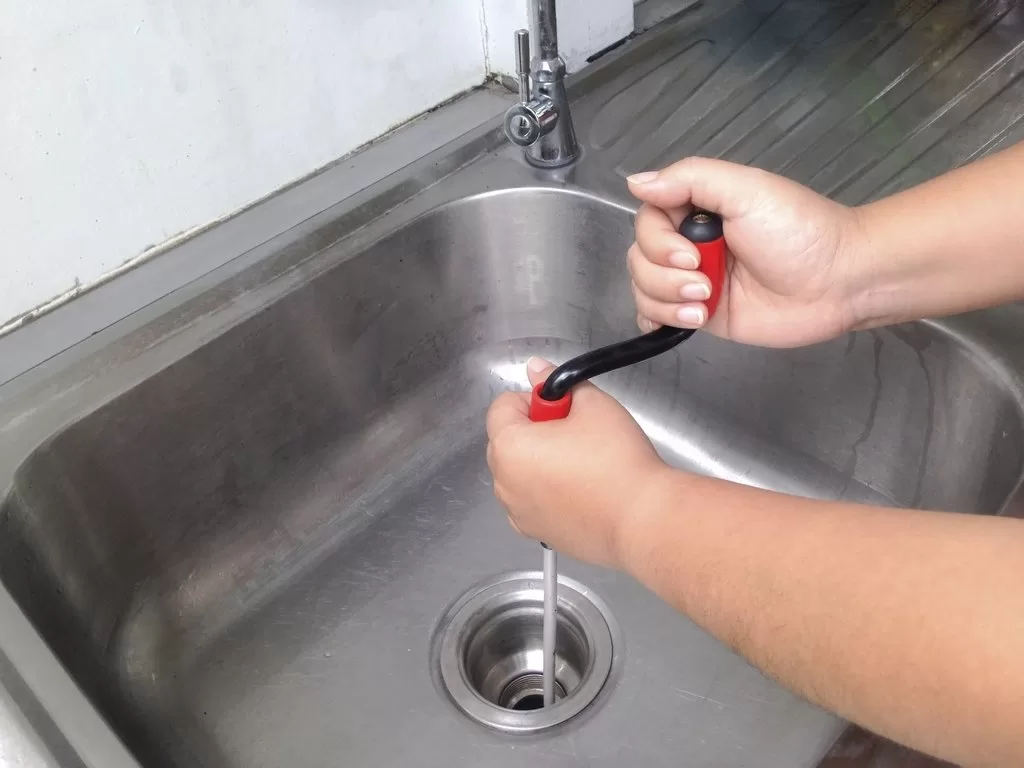Identifying a clog in a plumbing system is a complex task. It can be confusing and expensive. It’s crucial understanding your water drainage system to implement the best solution.
Plumbing water will reroute itself if it finds a full or partial obstruction, leading to backups, flooding, delayed drainage, and low pressure.

DIY methods may not work if you have no experience with plumbing repairs. Consulting with the best plumbers in Stockton is the best way to find a relevant solution.
Here are a few methods to detect a clog in plumbing.
An inspection camera is beneficial because it shows the exact location of a blockage. This technique can also reveal the overall condition of the sewer or drain line.
A camera inspection provides the information required to determine if clearing the line is appropriate or whether a sewer or drain line replacement or actual repair is required.
If you are in a dilemma, consulting with the best plumbers for drain cleaning in Stockton can help you find the best solution.
Read Also:
Sometimes waste and sewage blow out of the lowest drain in the house, particularly from a basement floor drain or laundry sink. This indicates a blockage in the sewer pipe that runs through your yard.
Consulting with the experts will help you prevent more damage and expensive repairs. Every time you flush a toilet or take a shower, water goes down the drain until it encounters a blockage and backs up to its nearest exit.
If the bathroom sink stops draining, but the other fixtures, such as the shower, tub, and toilet drain, are functioning normally, you may detect the clog between the sink drain and the branch pipe.
This is because it’s in the sink trap most of the time. If only one fixture jams, the obstruction is found in that fixture’s trap or branch drain. If other fittings are clogged, the blockage is farther than where they connect to a branch line.
Several reasons contribute to clogs.
These are the most common reasons for clogged drains and pipes in homes. However, in some cases, the issue can be a blocked or damaged sewer pipe when an old pipe crumbles into the earth or tree roots encroach on the pipe.
Consult with the best plumbers for a permanent solution because clogged drains cause a lot of inconveniences, leading to expensive repairs. Do not attempt to unclog the drains on your own if you are a homeowner with no plumbing skills!
Your main tap house could sustain severe damage if you try to clean it out. Severe and recurring problems may require expert help, involving digging up the yard to fix the system.